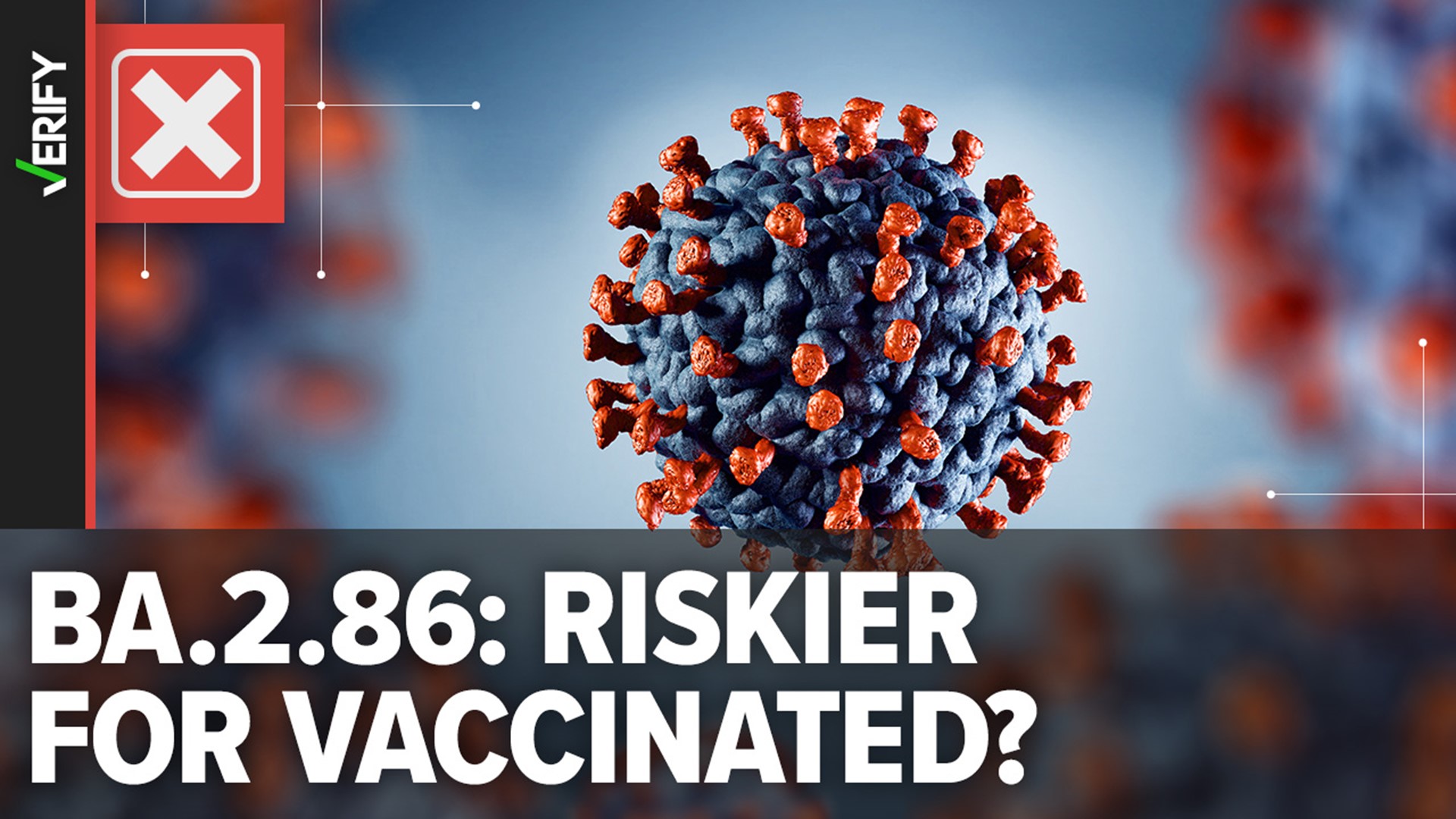MEMPHIS, Tenn. — The mayors of Memphis, Shelby County, and the six surrounding municipalities along with the Shelby County Health Department have determined that the Back-to-Business Framework can begin moving into "Phase 1" which relaxes many of the rules and regulations imposed by the Safer-at-Home order that went into effect March 24th.
Check out the new guidelines listed below to see how the regulations have changed, what business are now open, and what steps business need to take to stay in compliance.
Rules and Regulations for Phase 1:
General regulations
- No purposeful groups of more than 10.
- Adherence to social distancing.
Civic facilities (libraries, etc.)
- Limit occupancy to 25% building capacity.
- Employees must wear face masks.
Places of worship
- Updated Tennessee guidelines can be found here
- Limit occupancy to 25% building capacity.
- Adherence to social distancing.
Healthcare
- Elective surgeries and diagnostic, medical, and procedural visits allowed consistent with Tennessee Hospital Association standards and district protocol.
- Active screening at entrances to healthcare facilities.
- Telehealth encouraged where practical
- Nursing home and long-term care facilities have stringent precautions in place
Dentistry
- Elective dental visits, procedures, and surgeries are allowed if deemed medically necessary, such as fillings, extractions, and root canals.
- Active screening at entrances to dental facilities
- Telehealth encouraged where practical
Restaurants and bars
- Maximum capacity of 50%
- Adjust layout of dining area/seating to maintain social distance between groups of customers
- Eliminate use of communal items (i.e. containers on tables, writing utensils)
- Require single-use items such as paper menus
- Require employees preparing or serving food and employees with interaction with the public wear masks
Grocery stores
- Limit occupancy to 50% building capacity
- Require face masks and gloves for all employees preparing or serving food and employees with interaction with the public; require at least face coverings for all other employees.
Hardware stores
- Limit occupancy to 50% building capacity
- Require face masks and gloves for all employees preparing or serving food and employees with interaction; require at least face coverings for all other employees.
Retail stores and commercial businesses
- Limit occupancy to 50% building capacity.
- Employees with interaction with the public must wear face masks; all other employees must wear face masks.
Manufacturers/distributors
- Require face masks for all employees.
- Require symptom checks for all employees.
- Establish work arrangements by which employees are spaced six feet from one another.
Offices/call centers
- Require face masks for all employees.
- Require symptom checks for all employees.
- Establish work arrangements by which employees are spaced six feet from one another.
- Do not share phones or headsets.
- Allow telework and minimize business travel to the greatest extent possible.
Non-contact sports facilities (golf courses, tennis courts, etc.)
- All others open, following guidance on maximum number of individuals for groups.
- Shared equipment prohibited.
- Employees with interaction with the public must wear face masks; all other employees must wear face masks.
- Dining facilities limited to 25% capacity; carry-out/delivery OK.
Contact sports facilities (basketball courts, baseball fields, etc.)
- Will remain closed
Gyms/fitness facilities
- Limit occupancy to 25% building occupancy.
- Employees must wear face masks.
- Adjust equipment layout or close/restrict access to equipment as necessary to maintain at least six feet of separation between users.
- Conduct regular and thorough cleaning of all equipment, surfaces and areas of the facility using disinfectant cleaning supplies.
- Require customers to clean equipment with disinfecting wipes before and after use. Provide hand sanitizing stations for use upon customer entry and exit.
- Limit workouts to 45 minutes
Car washes
- Only fully automated car washes allowed. Ancillary functions like vacuum stations must be closed
Personal appearance businesses (hair, nail salons, spas, etc.)
- Will remain closed
Entertainment/performance venues (theaters, auditoriums, sports arenas)
- Will remain closed
Recreation facilities (bowling alleys, indoor climbing, arcades, trampoline parks)
- Will remain closed
Festivals, parades, races, and similar public/community events
- Prohibited
Schools
- Currently closed; further phases TBD pending additional guidance.
Child care
Open, reliant on CDC guidance and regulations. Child care programs that remain open during the COVID-19 pandemic should address these additional considerations:
- Implement social distancing strategies.
- Intensify cleaning and disinfection efforts.
- Modify drop-off and pickup procedures.
- Implement screening procedures upon arrival.
- Maintain an adequate ratio of staff to children to ensure safety.
- When feasible, staff members and older children should wear face coverings within the facility. Cloth face coverings should NOT be put on babies and children under age two because of the danger of suffocation.



